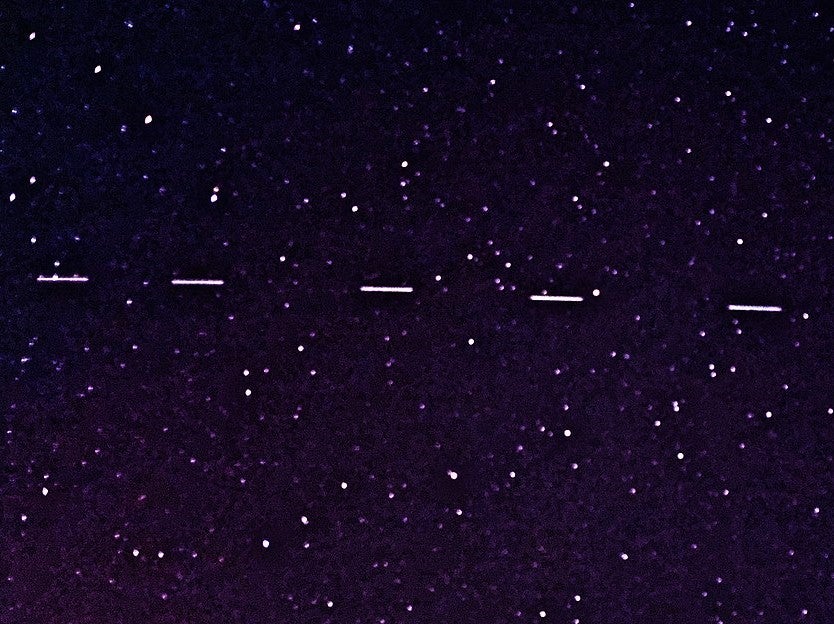Elon Musk’s space internet is much faster than people expected
SpaceX boss says ‘several thousand more Starlink beta participation invitations going out this week’

Your support helps us to tell the story
From reproductive rights to climate change to Big Tech, The Independent is on the ground when the story is developing. Whether it's investigating the financials of Elon Musk's pro-Trump PAC or producing our latest documentary, 'The A Word', which shines a light on the American women fighting for reproductive rights, we know how important it is to parse out the facts from the messaging.
At such a critical moment in US history, we need reporters on the ground. Your donation allows us to keep sending journalists to speak to both sides of the story.
The Independent is trusted by Americans across the entire political spectrum. And unlike many other quality news outlets, we choose not to lock Americans out of our reporting and analysis with paywalls. We believe quality journalism should be available to everyone, paid for by those who can afford it.
Your support makes all the difference.Elon Musk has said SpaceX’s Starlink internet service will roll out to Europe early next year after beta testers in the US reported download speeds far higher than expected.
There are currently more than 800 Starlink satellites in low-Earth orbit beaming broadband down to Earth, with plans for tens of thousands more to launch over the next few years.
Starlink says it satellite constellation will eventually be able to provide high-speed internet to 99 per cent of the inhabited world, however its relatively limited scope at present restricts reception and speeds..
The public beta launched last month for a limited number of users in northerly parts of the US and southern Canada, and invitations continue to be sent out.
“Several thousand more Starlink beta participation invitations going out this week,” Mr Musk tweeted on Monday.
In an email sent to early testers last week, SpaceX said customers could expect speeds of between 50 and 150 Mbps, though some users have reported download speeds of up to 174 Mbps.
“Way out in rural Montana where our alternative is to pay by the gig, Starlink will forever change the game,” one tester wrote on Reddit.
A video shared online by one of the early testers revealed the process of setting up the satellite dish needed to receive the internet signal.
“Right now it takes about five minutes to set up, but, with future improvements, probably less than three minutes,” Mr Musk said.
“No technical knowledge needed, Just point at open sky and plug in.”
The router and Starlink terminal cost $499, while a monthly subscription costs $99. There is no word yet on pricing for the UK and other areas.
Mr Musk said lower latitude states like Florida could expect Starlink coverage in January after more satellites were in place.
Outside of North America, Musk said that countries would get access to Starlink internet “as the company gets country approval," estimating that for Europe this would be in early 2021.
“This is required for each country individually, as no EU-wide approval system exists,” he said.
“Probably start receiving final (there are many steps) approvals around Feb/ March.”
He added that India could expect Starlink connectivity around the middle of next year.


Join our commenting forum
Join thought-provoking conversations, follow other Independent readers and see their replies
Comments